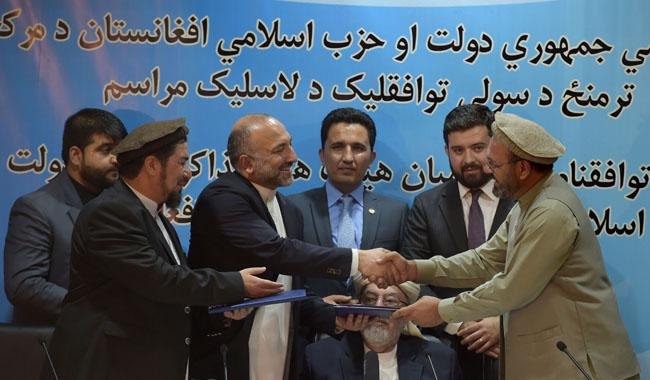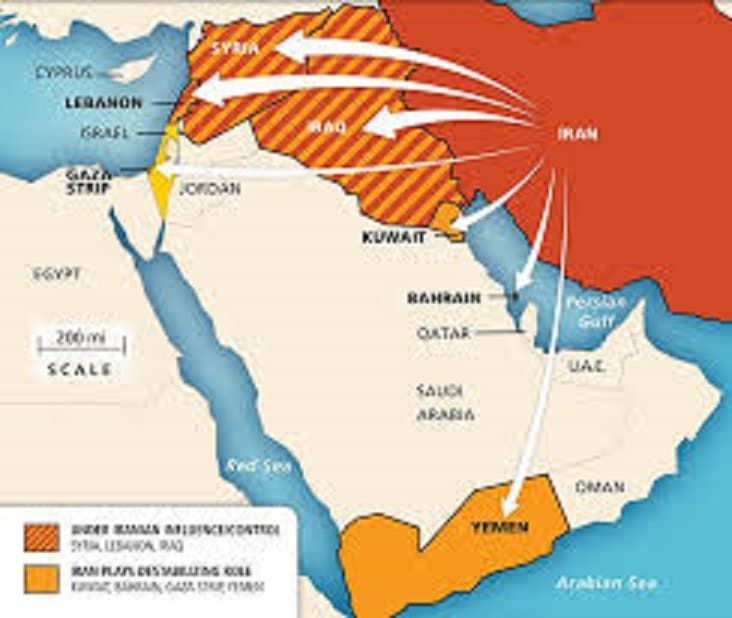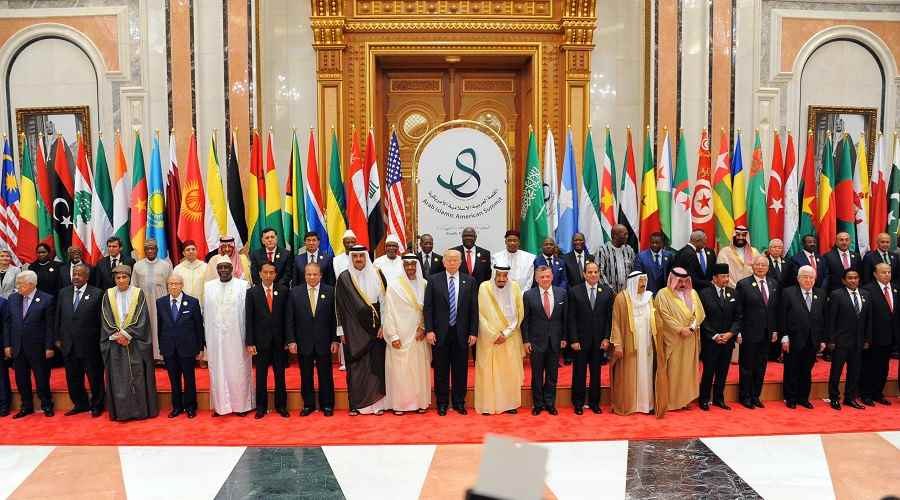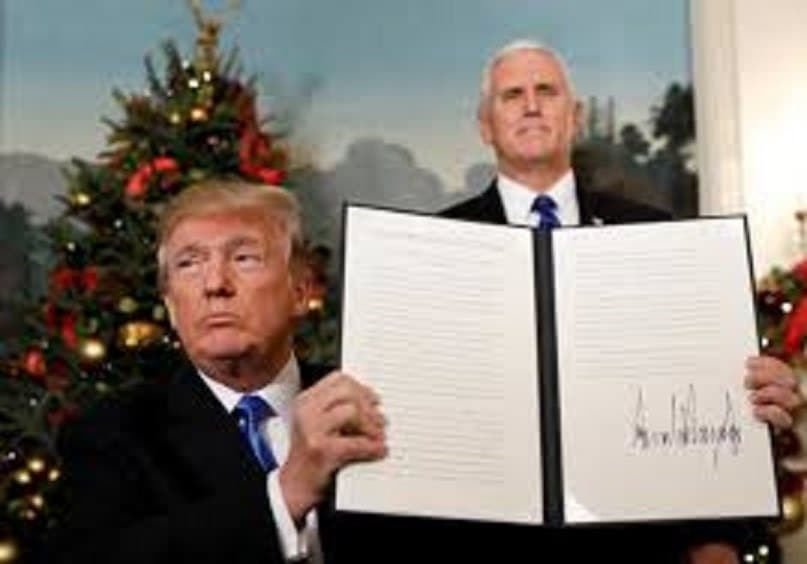Regional and Trans-regional Diplomacy of Iran; from Central Asia to South America
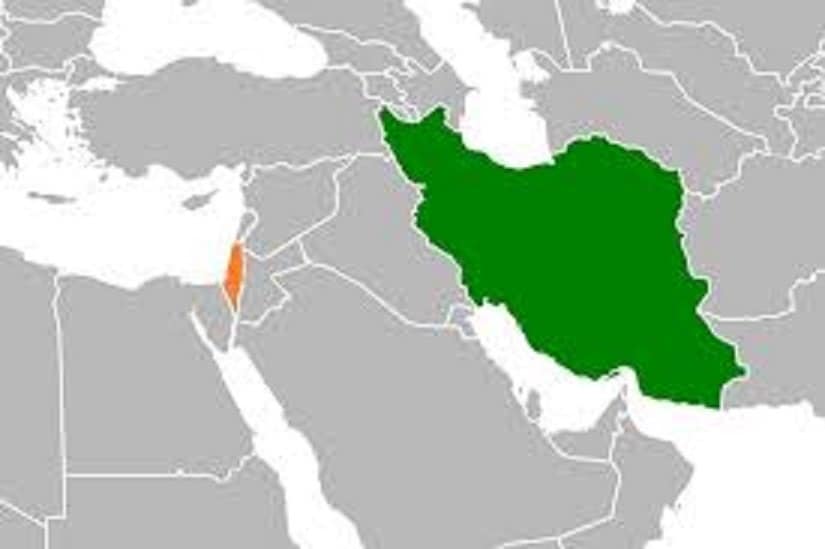
Yaser Nooralivand
The visits to Turkmenistan, Azerbaijan and Tajikistan can be evaluated in line with the first super-priority of the 12th government namely the settlement of regional problems and the strengthening of relations and the level of cooperation with the neighboring countries. At the same time, the visits to Africa and South America taken place in the context of the second super-priority namely the greater activation of economic diplomacy can be assessed in line with the general policies of the resistance economy.
Resolving Iran’s problems with Turkmenistan and Tajikistan and strengthening relations with them, as well as promoting the level of good cooperation that has been launched with Azerbaijan in the past few years, is one of the key achievements of the visits, which is highly consistent with the foreign policy of the twelfth government.
One of the principles of Iran’s Neighborhood Policy is to transform the Caspian Sea region from a disputed area between the five coastal countries into a common area for economic cooperation, especially in the oil and gas field, where important agreements were reached on this issue.
Lack of paying enough attention to the regions such as South America, as compared to other parts of the world, shows that the country’s foreign policy is still far from reaching the goal of developing a balanced and comprehensive foreign policy around the world.
After the JCPOA, the Iranian foreign policy, along with geopolitical, historical, civilizational and political-security approaches, seems to require a fourth approach in its foreign policy of regionalism and trans-regionalism, entitled “Geo- economic approach”, which can be difined, based on focusing on the regions having the most opportunities and capacities of economic cooperation with Iran.
The attempt to develop foreign policy from the scope of regionalism approaches to the field of trans- regionalism and inter-regionalism is another requirement of the Ministry of Foreign Affairs. Simultaneous application of regionalization, trans-regionalism and inter-regionalism in the context of simultaneous attention to the four geopolitical, historical, civilizational, political-security and geo-economic approaches will reduce the negative effects of regional confrontations and challenges on Iran’s interactions with the international community.
Taking unbalanced approaches in the field of foreign policy, paying unbalanced attention towards the regions, imbalance between regionalism and trans-regionalism, and the lack of multilateralism mechanisms in many foreign policy areas are among the weaknesses that require more attention.


